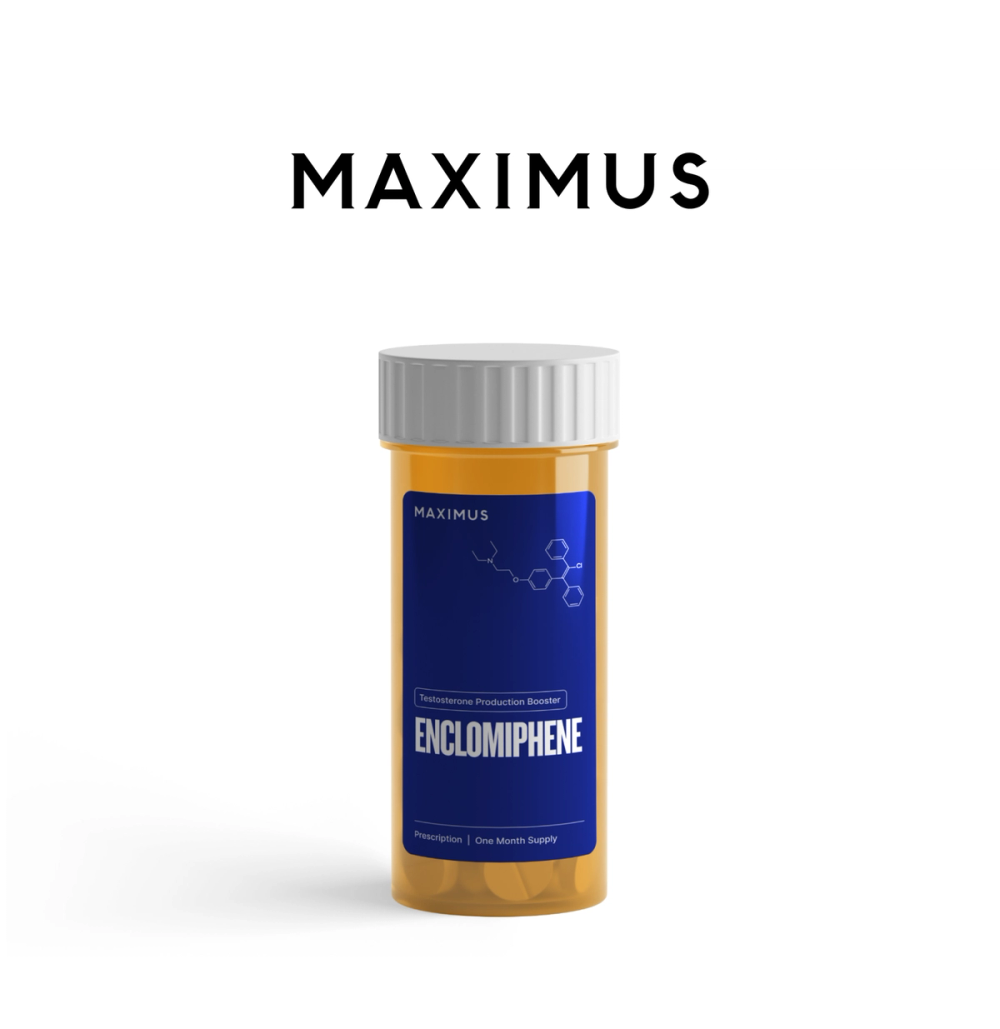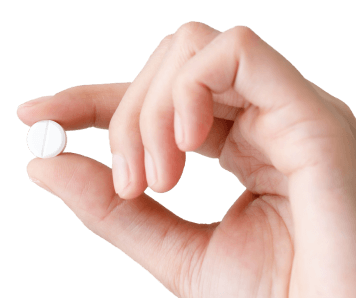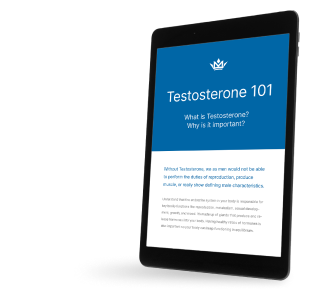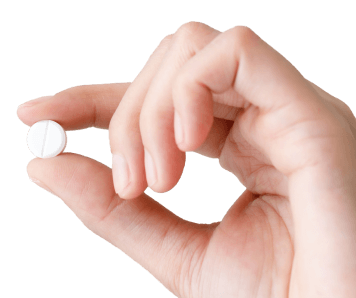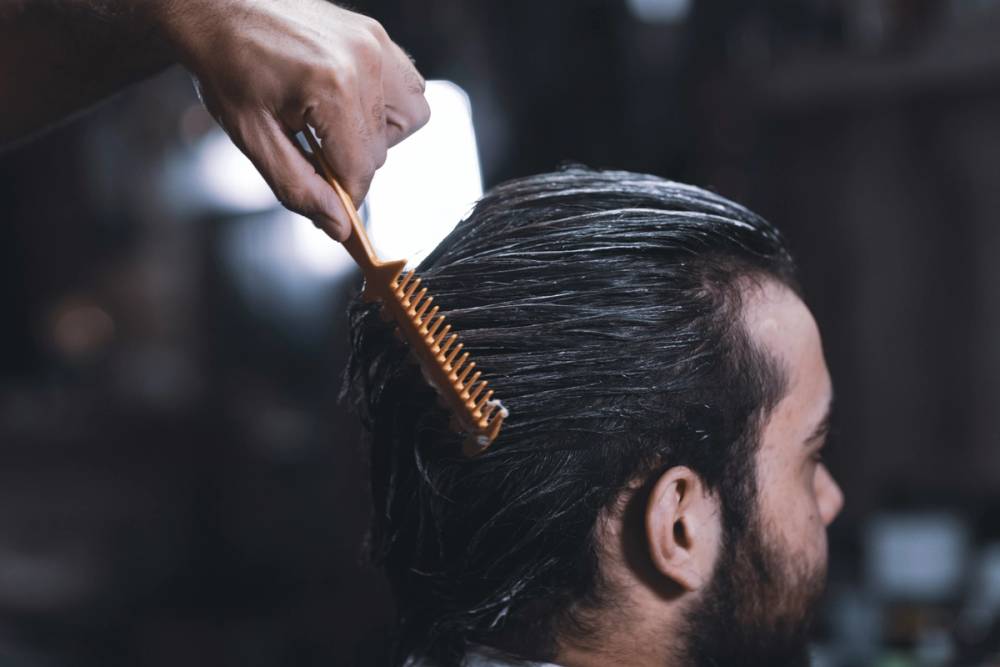Key takeaways:
- Dutasteride is a medication for enlarged prostate that’s commonly prescribed off-label for hair loss. It blocks the enzyme 5-alpha-reductase, which is responsible for converting testosterone into DHT, a hormone associated with hair loss.
- When applied topically, dutasteride works by directly inhibiting DHT conversion in hair follicles, helping to slow down hair loss and potentially promote new hair growth with minimal side effects compared to oral dutasteride.
- For men on TRT, dutasteride may help mitigate the increased risk of hair loss associated with higher testosterone levels. It can also enhance the effectiveness of TRT by increasing testosterone bioavailability while suppressing DHT levels.
Unless you’re going for a Jason Statham look, you may be looking into hair loss treatments if you're starting to lose your hair. Dutasteride is a hormone-blocking medication that is commonly used off label to reduce hair loss, and it can be especially useful for men on testosterone replacement therapy (TRT), as TRT is known to exacerbate hair loss in men who are genetically predisposed.
This article will break down how topical dutasteride works, how well it works, and side effects you should know about.
What is dutasteride?
Dutasteride is a prescription medication primarily used to treat enlarged prostate. It is also commonly prescribed off-label for hair loss. The medication falls under the category of drugs known as 5-alpha-reductase inhibitors, which work by blocking the activity of the enzyme 5-alpha-reductase. This enzyme converts testosterone into dihydrotestosterone (DHT) in the body, and when you have too much DHT (which usually occurs when you have too much circulating testosterone), it can cause your follicles to shrink, potentially leading to hair loss.
How does topical dutasteride work for hair loss?
Whether it’s taken orally or topically, dutasteride stops the conversion of testosterone to DHT by inhibiting the 5-alpha-reductase enzyme. But the exact way it works is a bit different for oral dutasteride compared to topical dutasteride. When the medication is taken orally, it stops the conversion before it has a chance to reach the hair follicles. When it’s applied topically, it stops DHT conversion directly in the hair follicles.
How effective is dutasteride for hair loss?
Dutasteride is especially effective at reducing hair loss that is exacerbated by high DHT levels because it blocks two different types of 5-alpha-reductase enzymes. Not only does it help to slow the progression of hair loss and reverse hair follicle shrinkage, it may also promote new growth. In one 24-week study, men with pattern hair loss taking dutasteride had an increase in hair count, which coincided with an increase in testosterone levels and a decrease in scalp and serum DHT levels. Treatment with dutasteride was found to be superior when compared to both placebo and another 5-alpha-reductase blocker, finasteride. This superiority to finasteride may be due to the fact that finasteride only blocks around 70% of DHT, while dutasteride blocks more than 90%, as this study shows.
Dutasteride has been shown to be also safe and effective treatment when used long-term. In one study, men with pattern hair loss who took dutasteride for at least five years showed clinical improvement and sustained efficacy while preventing the progression of hair loss.
How effective is topical dutasteride for hair loss?
There are only a few studies on using topical dutasteride for treating male pattern hair loss, and they mainly use mesotherapy, which is a method where small amounts of medication are injected into the skin where it’s needed.
In a placebo-controlled study that compared dutasteride to saline, with both injected into the scalp, the people taking dutasteride experienced a statistically significant increase in average hair count compared to the placebo group. These improvements were verified by both the patient and an independent observer, proving dutasteride was more effective than placebo in treating pattern hair loss.
In another placebo-controlled study that looked at the impact of a topical dutasteride solution against saline again, this time using microneedling, researchers found that dutasteride produced a more significant overall change in hair thickness, hair density, and the ratio of vellus hair (thin hair, or peach fuzz) to terminal hair (thicker, longer hair).
Topical dutasteride with TRT
Many people associate TRT with hair loss because higher testosterone usually translates to higher DHT (and a higher risk of hair loss), but it’s important to know that this risk mostly concerns men who have a family history of hair loss.
Research shows that male pattern baldness results from overly sensitive follicles determined largely by your genes. Higher testosterone means higher DHT activity in your follicles, but this typically only causes problems for people who are genetically predisposed to have sensitive follicles.
Nonetheless, if you do have this genetic disposition, TRT may make you more vulnerable to hair loss, and dutasteride can help. Taking dutasteride doesn’t just block the conversion of testosterone to DHT to reduce hair loss, but it can also increase the effectiveness of your TRT protocol. In a study that analyzed the results of oral testosterone with and without dutasteride for 28 days, adding dutasteride increased the bioavailability of the testosterone (which refers to its rate of absorption), leading to higher testosterone levels, while suppressing DHT.
So far the research shows topical dutasteride is a promising option for hair loss, and a more appealing option than oral dutasteride, especially in men who are on TRT.
Read more about hair loss and TRT here.
Disclaimer: The contents of this article, including, but not limited to, text, graphics, images, and other information, is for information purposes only and does not constitute medical advice. The information contained herein is not a substitute for and should never be relied upon for professional medical advice. The content is not meant to be complete or exhaustive or to be applicable to any specific individual's medical condition. You should consult a licensed healthcare professional before starting any health protocol and seek the advice of your physician or other medical professional if you have questions or concerns about a medical condition. Always talk to your doctor about the risks and benefits of any treatment. Never disregard or delay seeking professional medical advice or treatment because of something you have read on this site. Maximus does not recommend, endorse, or make any representation about the efficacy, appropriateness, or suitability of any specific test, products, procedures, treatments, services, opinions, healthcare providers or other information contained herein. Maximus is not responsible for, nor will they bear any liability for, the content provided herein or any actions or outcomes resulting from or related to its use.

